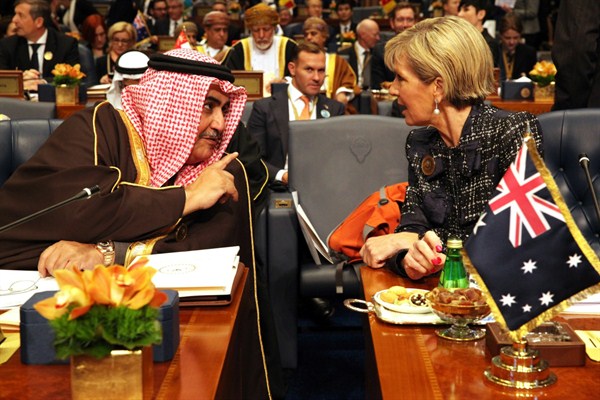The recent international conference in Kuwait to help Iraq rebuild after its war against the Islamic State provided stark and surprising insights into which countries are most invested in Iraqi stability. While the United Nations and the World Bank led the launch of a new recovery and resilience program for the country, it was the neighboring Gulf states and Turkey that stepped up to the plate with new pledges. Given heightened regional tensions over Iran and Syria, the commitment to help Iraq recuperate looks like a positive development for the Middle East. Perhaps with some trepidation and ambivalence, its neighbors may accept that a strong and stable Iraq is a key factor for regional security.
Organized by the U.N., the European Union and the World Bank, the conference focused on the role of the private sector in rebuilding war-torn Iraqi cities and restoring basic services to the exhausted residents of Mosul and beyond. U.N. Secretary-General Antonio Guterres spoke of fast-tracking some of the benefits of reconstruction, so that citizens feel improvements in their quality of life before ambitious infrastructure schemes can be realized. Of the new recovery and resilience program’s nine components, three are expressly for the areas of Iraq freed from the Islamic State’s control; the rest are national in scope.
The U.N., the EU and the World Bank will continue to work with the Iraqi government to design smart financing strategies and anti-corruption campaigns and to offer direct budget support as needed, with an eye to kick-starting the social dimensions of reconstruction. EU representatives in Kuwait spoke of good governance and accountability, and how European assistance will prioritize effecting change in Iraqis’ lives.

